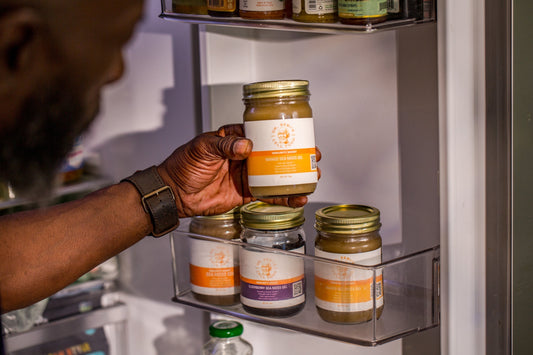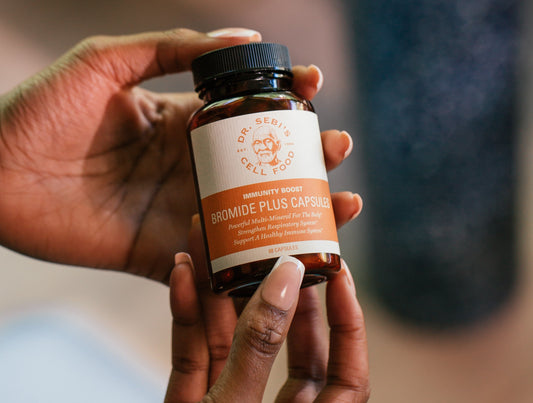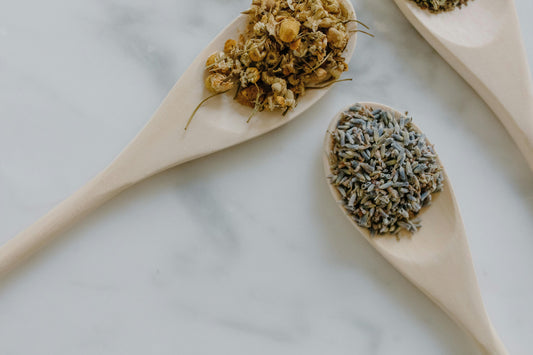Self-talk is the ongoing internal dialogue we have with our own minds. It’s said that we are our own worst enemy; for someone who has consistent negative self-talk this is especially true.
But those who have mastered positive self-talk become their own best friend. The good news is that positive self talk is a skill that anyone can develop with the right knowledge and a little bit of effort.
Stay tuned to discover effective strategies for monitoring and upgrading your own self-talk…
What is Self Talk?
Self-talk is the inner voice you have that narrates your life. Self-talk consists of the inner thoughts, feelings and attitudes we have about ourselves and the world. Self-talk is an incredibly important factor in our behaviors, motivation, and self-esteem.
Consistent negative self-talk is often accompanied by low self-worth, depression or other mental health issues. Having an internal dialogue that puts you down, and reinforces your limitations, is one of the biggest (if not the biggest) barriers to achieving what you truly want in life.
Conversely, positive self-talk increases confidence, mental health, and overall quality of life! That’s why it’s important to be mindful of the language you use when talking to yourself, and to replace your negative self-talk with an empowering inner voice that will cheerlead you towards a more fulfilling experience of life.
How Do You Talk To Yourself?
The first step in changing negative self-talk is to become aware of how you speak to yourself. Because self-talk is usually happening at a below-conscious level it can take time to tune into this voice and the effect it has on your mentality and behavior.
Here are some of the most effective ways you can become more aware of how you talk to yourself.
Write A Journal
Writing down your inner thoughts is a great way to develop a clearer understanding of the language you use when talking to yourself. When you journal, pay attention to both the encouraging and discouraging thoughts that pop up.
Think about how these phrases affect your behavior. Do they motivate you to become a better version of yourself, or do they make you want to stay in your comfort zone? Making journaling a regular practice will be of immense help in understanding how you talk to yourself and the impact of that inner talk.
Meditate
Meditation is the state of being in the present moment, without the usual chatter of the ‘monkey mind’ distracting you from the present moment. By practicing meditation and mindfulness your attention is directed inward, making you more aware of the thoughts and feelings that come up, as well as your ongoing inner dialogue.
Observing these thoughts arise during meditation gives you a detached perspective, allowing you to look at your negative self-talk without judging yourself for it. On top of this, meditation and mindfulness are known to reduce anxiety and stress, which further boosts your ability to become more aware of internal chatter.
Ask for Feedback
Asking other people for feedback is a great way to get more aware of how you talk to yourself. Ask your closest friends and family for feedback whenever they hear you talk about yourself or life in an unnecessarily negative way.
The words you automatically offer up when you talk about yourself are a good indication of the words and phrases you use when talking to yourself internally. It’s always easier for us to notice this in other people!
When you ask for feedback, adopt an open mind towards the feedback, be willing to listen, and be prepared to have your comfort zone challenged. Using the feedback provided by others helps you recognise the self-talk habits you need to change for a healthier inner dialogue.
Observe Your Emotions
When your emotional state switches from good feeling emotions to bad feeling ones, in response to something that’s happened in your experience, what was the trigger? It’s rarely the event itself that is triggering a negative emotional response. More often than not it’s actually our internal response, or self-talk about a situation, that makes us feel bad about it.
Negative self-talk can cause anxiety, depression, stress, and contribute to low self-esteem. Positive emotions, meanwhile, increase your calmness, confidence, and emotional resilience. By noticing when your emotions change in response to your inner talk, you can better recalibrate your inner talk and response to external events. Noticing how your internal dialogue impacts your enjoyment of life is a huge step towards more positive self-talk habits.
Avoid Absolute Statements
Statements involving words like “never” “all the time” “everyone” “nobody” or “always” lead to absolute thinking where we grossly generalize a situation to our own detriment. These kinds of words are often found in negative self-talk which is ultimately unhelpful. Instead of using these words, use more generalized language that accommodates the nuances of a situation.
For example, if you find yourself using phrases like “I always get it wrong”, say “I sometimes make mistakes but I’m willing to learn from them and improve.”
Instead of saying “this task is impossible”, say “I’m finding this task difficult right now, but I’m going to keep learning more about how other people have achieved it and find a way to succeed” . Can you feel the difference in these statements?
Turning absolute statements into more generalized statements is a more realistic framework that allows for life’s complexities. It also stops you from tripping over your own negative (and false) perceptions of life and yourself.
Speak Positive
Adding more positive phrases to your mental vocabulary will improve your mental wellbeing. Here are some examples:
- "I am capable and strong."
- "I am worthy of love and respect."
- "I choose to focus on the good in this situation."
- "I am proud of my accomplishments and I trust in my abilities."
- "I am capable of overcoming challenges and learning from my mistakes."
It’s important to find statements that work for you, and feel good to say, so experiment to find the right phraseology.
Practice saying these statements to yourself on a regular basis. For example, you can schedule in 5 minutes of saying them in your head every morning on your commute to work. Make this a regular practice and eventually you’ll notice it’s an automatic habit, and that positive self-talk has become a truly empowering new normal.
In Conclusion
We provided the knowledge, now the effort is up to you!
Improving your self-talk game is an ongoing process. For best results, keep on practicing every single day. Flooding your mind with positive self-talk counteracts your negative self-talk and fosters motivation, confidence, and mental wellbeing.
How are you talking to yourself? And what steps can you take today to improve the quality of that internal conversation starting today?



















































3 comments
Simple..yet profound tips! I found this article prompting me to ask myself these questions and creating awareness. The article also gave practical tips on how to improve on negative self talk. I felt that this article was a good.
Very good read. Talking to ones self is very healthy as long as you keep it real with your self and let not your pessimistic thoughts overcome our desire to succeed.
Thank you for not only this post but every email you send me, I am deeply grateful for the wisdom you bring to the world.